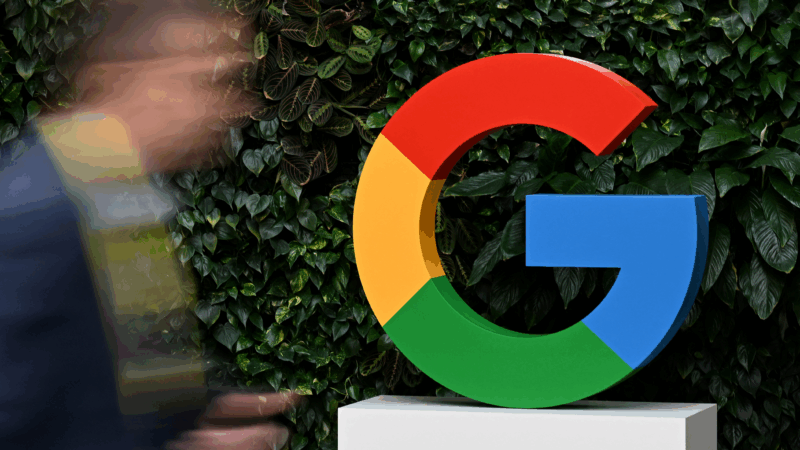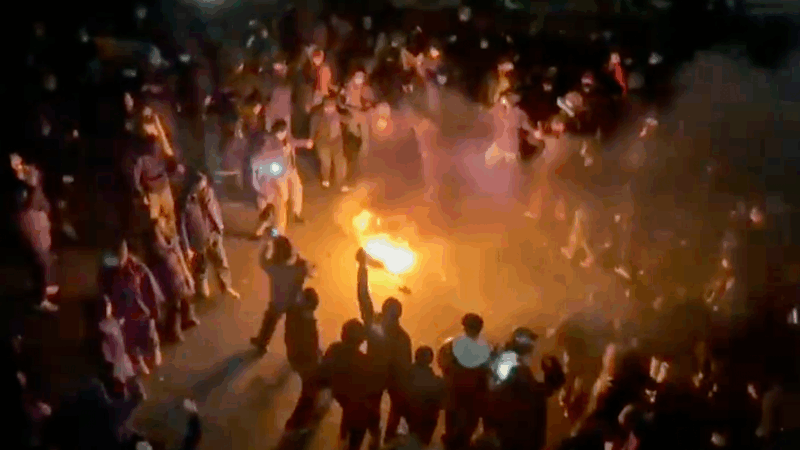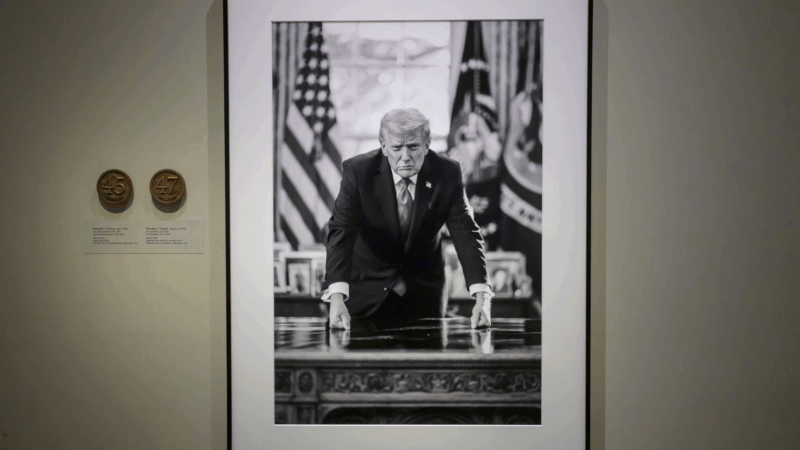In a major antitrust ruling, a judge lets Google keep Chrome but levies other penalties
In a ruling aimed at restoring competition in the search engine market, U.S. District Judge Amit Mehta refrained from ordering Google to sell off Chrome, the world’s most popular browser, but ordered the tech company to end exclusive deals that make it the default search engine on phones and other devices. The company will not, however, be barred from paying device makers to preload its products, including Google Search and its generative AI products.
Mehta called on the $2 trillion company to share some of its search data (specifically certain search index and user interaction data, though not advertising data) with third parties and called for the establishment of a technological oversight committee to monitor the company’s compliance with the ordered measures for six years.
The Department of Justice filed an antitrust suit against Google in 2020, arguing that it had used exclusive agreements with device makers like Apple and Samsung to unfairly box out its competitors. In 2024, Mehta ruled in the DOJ’s favor, finding that Google had maintained an illegal monopoly.
The “remedies” phase of the trial began this April, with both sides facing off at the E. Barrett Prettyman Federal Courthouse in Washington, D.C. over what price Google should pay for its monopoly.
The DOJ urged the spinoff of Chrome and the sharing of search data, saying in court documents that these remedies would limit Google’s ability to monopolize the search market and prevent it from gaining an unfair advantage in other markets, notably artificial intelligence.
Google agreed to roll back its exclusive search engine contracts, but objected to nearly every other proposed remedy from the DOJ, especially the sale of Chrome and its open source Chromium project and the prospect of sharing its search data. The company maintained that it shouldn’t have to divest part of its business to improve competition. On the contrary, Google’s lawyers said, this would hurt the market, dampen innovation and give the company’s competitors an unfair handout.

Google CEO Sundar Pichai testified, saying the DOJ’s proposals were “so far-reaching, so extraordinary” that it was akin to the government asking for a sell-off of the company’s core intellectual property.
Mehta’s orders fall far short of the U.S. Justice Department’s most aggressive proposals, including the spinoff of Chrome. It’s a key search access point for Google, with nearly 40% of Google’s search volume in the U.S. generated through Chrome, according to the Knight-Georgetown Institute. It’s also a major part of the company’s advertising business, as Chrome provides important user data that lets Google to help target ads more effectively.
Explaining why he declined to order the sell-off of Chrome, Mehta wrote, “The court’s task is to discern between conduct that maintains a monopoly through anticompetitive acts as distinct from ‘growth or development as a consequence of a superior product, business acumen, or historic accident.'” He continued, “After two complete trials, this court cannot find that Google’s market dominance is sufficiently attributable to its illegal conduct to justify divestiture.”
He also said such a divestiture would be “incredibly messy and highly risky.”
His decision marks the most consequential antitrust ruling in a case against a tech company in more than 25 years.
It’s likely a huge disappointment for Google’s competitors who have been itching for a chance to buy Chrome. Weeks before Mehta issued his decision, one of Google’s AI competitors, Perplexity, announced it was interested in buying Chrome for $34.5 billion.
Christian Kroll, the founder and CEO of Berlin-based Ecosia, a company that produces renewable energy to power search, wrote in Fortune that Chrome shouldn’t go to the highest bidder, but rather into stewardship, with its profits to be used for climate action.
But this case is far from over. Google has long maintained it would file an appeal for both the remedies and Mehta’s previous finding that the tech company violated federal antitrust laws with its search engine dominance.
The biggest antitrust case in decades
Today’s antitrust ruling is the biggest since U.S. v. Microsoft, filed in 1998. The federal government accused the company of monopolistic practices for forcing PC manufacturers to license Microsoft operating systems and Windows together — pushing out other companies.
Ultimately, U.S. District Judge Thomas Penfield Jackson ordered Microsoft to be split in two. But his decision was partially overturned on appeal in 2001. Rather than continue with the case, the government and Microsoft agreed that the company wouldn’t have to break up and would, instead, establish an internal antitrust technical committee and compliance program.
The case established precedent for how the government could pursue tech companies — including Google in this search engine case.The DOJ modeled its complaint against Google, as well as the proposed remedies, after the Microsoft case. In court filings, the government pointed to Microsoft as a roadmap for how penalties should be levied against Google.
How AI fits into this case
One of the DOJ’s biggest proposed changes would be forcing Google to share its search data with third parties.
In his ruling, Mehta ordered the sharing of some kind of data, but not all of it.
Google’s search index is basically a giant database of the pages and information on the internet. When you type a query into Google’s search engine, it scans this database to return links to webpages.
By forcing Google to license its valuable search tech and data, which includes things like user click data and search queries, smaller competitors could then build their own search engines to compete with Google.
AI developers can use this information to help train large language models, like chatbots, so that they can generate human-like responses and engage in conversations.
The DOJ argued throughout the remedies phase of the trial that Google could use its artificial intelligence products, like its Gemini chatbot, to strengthen its monopoly in online search and to use the search index data to become dominant in the emerging AI space.
David Dahlquist, the acting deputy director of the DOJ’s antitrust civil litigation division, argued for a remedy that could nip a potential Google AI monopoly in the bud and that would address all ways users access Google search. He said any penalties approved by the court that didn’t include Gemini (or other Google AI products now or in the future) would undermine the DOJ’s broader efforts.
Google aggressively argued against this idea, saying competition in the AI race is healthy, featuring a host of companies like OpenAI with ChatGPT, Meta with Meta AI and Perplexity with its Perplexity AI chatbot.
NPR will continue to update this developing story.
Google is a financial supporter of NPR.
Death toll from protests in Iran increases as Trump says Iran wants to talk
President Trump said Sunday that Iran proposed negotiations after his threat to strike the Islamic Republic over its crackdown targeting demonstrators. Activists say at least 544 have died.
Arson engulfs Mississippi synagogue, a congregation once bombed by Ku Klux Klan
A suspect is charged with arson in a fire that burned through a synagogue in Mississippi. Flames and smoke destroyed its library, housing Torahs.
DOJ subpoenas Federal Reserve in escalating pressure campaign
The Justice Department has subpoenaed the Fed over chair Jerome Powell's testimony over the central bank's headquarters renovation. Powell calls it part of a pressure campaign over interest rates.
The 2026 Golden Globe awards are Sunday. Here’s how to watch
The 2026 Golden Globes air on Sunday night starting at 8 p.m. ET / 5 p.m. PT.
National Portrait Gallery removes impeachment references next to Trump photo
A new portrait of President Trump is on display at the National Portrait Gallery's "America's Presidents" exhibition. Text accompanying the portrait removes references to Trump's impeachments.
America’s top figure skaters dazzled St. Louis. I left with a new love for the sport.
The U.S. Figure Skating National Championships brought the who's who of the sport to St. Louis. St. Louis Public Radio Visuals Editor Brian Munoz left a new fan of the Olympic sport.







